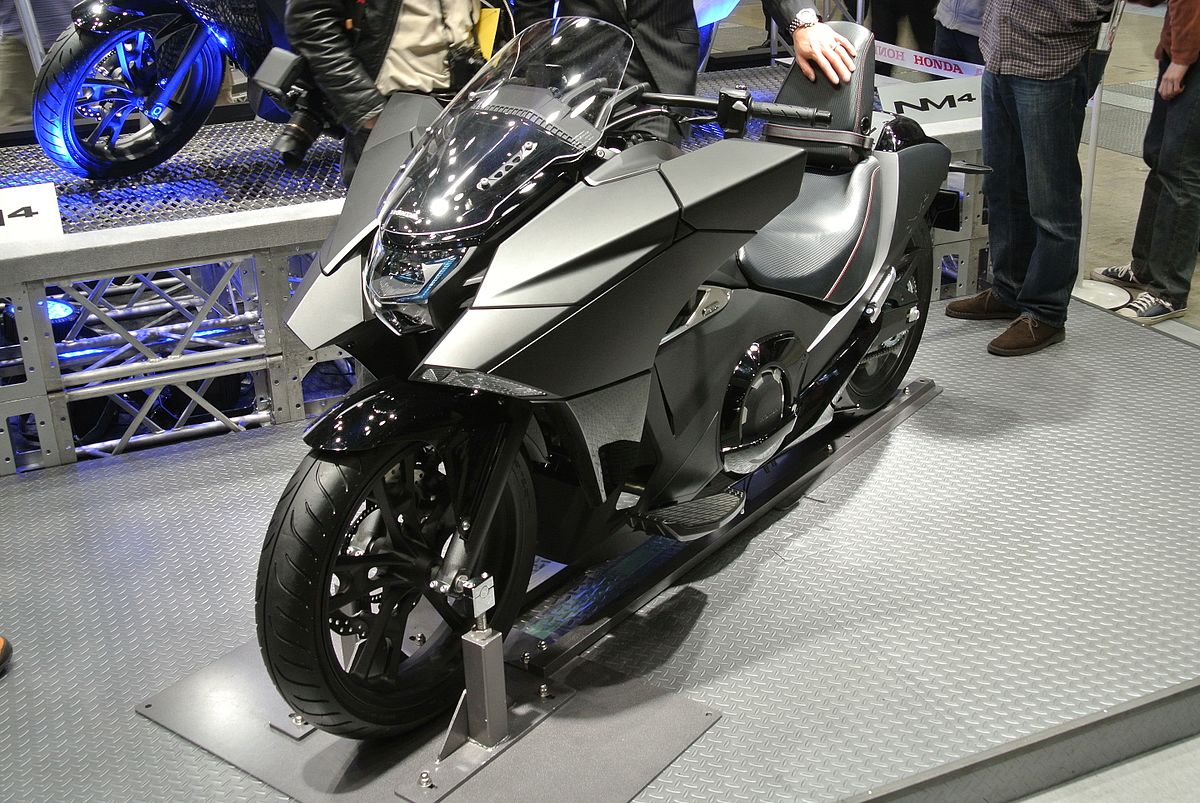In a move that could redefine the motorcycle industry, numerous European nations, along with the USA and Canada, are contemplating a ban on the Honda NM4 Vultus. This futuristic cruiser, celebrated for its sleek design and performance, has come under scrutiny for its speed capabilities and safety implications, alongside environmental concerns.
Speed: A Double-Edged Sword
The Honda NM4 Vultus boasts the ability to cruise at 75 miles per hour (mph) with remarkable stability, making it a favorite among seasoned riders. However, critics argue that this speed—while ideal for highways—poses significant risks in urban settings and regions with varying traffic regulations. Lawmakers have raised concerns that the bike’s power may encourage excessive speeding, leading to a higher likelihood of accidents.
Statistics from traffic safety authorities underscore that speed-related incidents remain a leading cause of road fatalities globally. The NM4 Vultus’s speed capabilities, paired with its ease of handling, could make it appealing to less experienced riders who might overestimate their ability to control the bike at high speeds.
Safety vs. Design
Reviewers praise the Honda NM4 Vultus for its highway stability and maneuverability. Its low seat height offers excellent accessibility for a wide range of riders, and the transmission is widely regarded as top-tier. However, its suspension system has drawn criticism, particularly for its performance on uneven or bumpy roads. While the preload adjustment helps, some experts feel the suspension isn’t robust enough to handle varying terrains safely at high speeds.
Environmental Concerns Add Fuel to the Fire
In addition to safety issues, the bike’s reliance on fossil fuels is a sticking point. Despite achieving an impressive fuel efficiency of 65 miles per gallon (mpg), the NM4 Vultus doesn’t align with the global push for cleaner, electric-powered vehicles. Policymakers are eager to reduce emissions and meet climate goals, and the continued use of gas-powered vehicles clashes with these objectives.
Implications for Honda and the Industry
If the ban is implemented, it would signal a shift toward stricter regulations on motorcycles with high-speed capabilities. For Honda, this could mean redesigning the NM4 Vultus or introducing electric alternatives to remain competitive in these markets.
While the Honda NM4 Vultus is celebrated for its innovation, its potential ban reflects a growing commitment by governments to prioritize safety and environmental sustainability over raw performance. The decision could set a precedent for similar high-speed motorcycles in the future.
